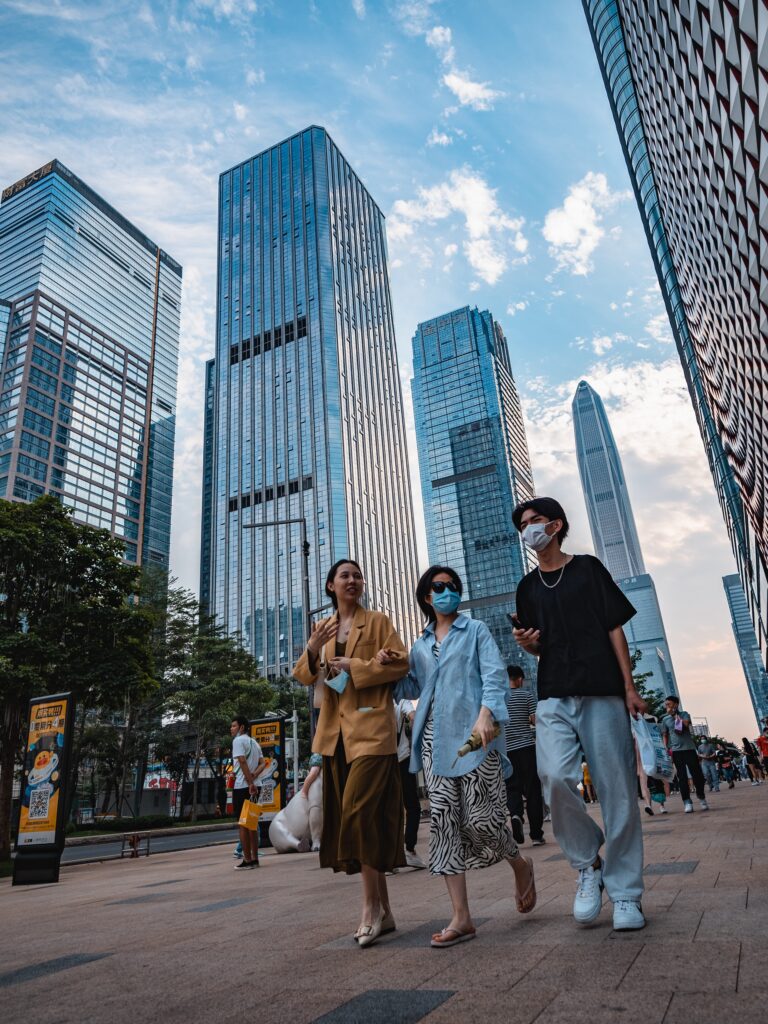China’s economy grew by 0.4% in the first quarter of 2023, the slowest pace in 27 years. This is a significant slowdown from the 4.8% growth rate in the fourth quarter of 2022.
There are a number of factors that have contributed to the slowdown in China’s economy. These include:
- The ongoing COVID-19 pandemic, which has disrupted supply chains and led to lockdowns in some parts of the country.
- The war in Ukraine, which has caused energy prices to rise and disrupted global trade.
- The tightening of monetary policy by the Chinese government, which is aimed at cooling inflation.
The slowdown in China’s economy is having a ripple effect around the world. China is a major trading partner for many countries, and the slowdown in its economy is leading to slower growth in other countries.
It is too early to say how long the slowdown in China’s economy will last. However, the government is taking steps to try to boost growth. These include:
- Increasing infrastructure spending.
- Reducing taxes for businesses.
- Injecting more liquidity into the economy.
It remains to be seen whether these measures will be enough to prevent a deeper slowdown in China’s economy. However, the government is committed to maintaining economic growth, and it is likely to continue to take steps to support the economy in the coming months.
What does this mean for the global economy?
The slowing Chinese economy is another major cause of concern for the global economy. China is the world’s second-largest economy, and its expansion substantially impacts other countries economies. The downturn in China’s economy is expected to lead to weaker growth in other nations, particularly those that rely largely on trade with China.
The slowing Chinese economy is also a source of anxiety for global financial markets. China is a significant component of the global financial system, and its slowdown could cause market turbulence.

What can be done to prevent a deeper slowdown?
The Chinese government is taking precautions to avoid a further decline. These approaches include expanding infrastructure spending, lowering company taxes, and improving liquidity in the economy. It remains to be seen, however, if these efforts will be sufficient to prevent a deeper slowdown.


The international community can also help to prevent a further slowdown. This includes bolstering the Chinese economy through increased trade and investment. It also entails addressing the issues that are causing the delay, such as the COVID-19 pandemic and the crisis in Ukraine.
The slowing Chinese economy poses a significant challenge to the global economy. It is, however, not insurmountable. With the appropriate policies in place and the collaboration of the